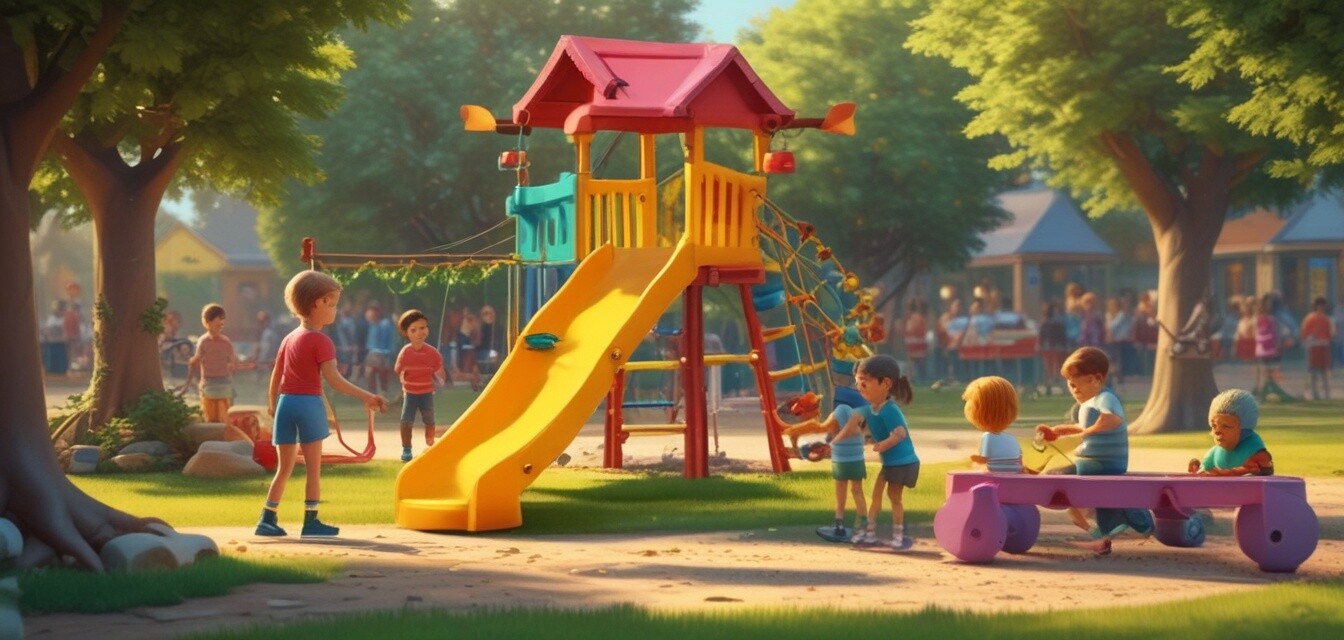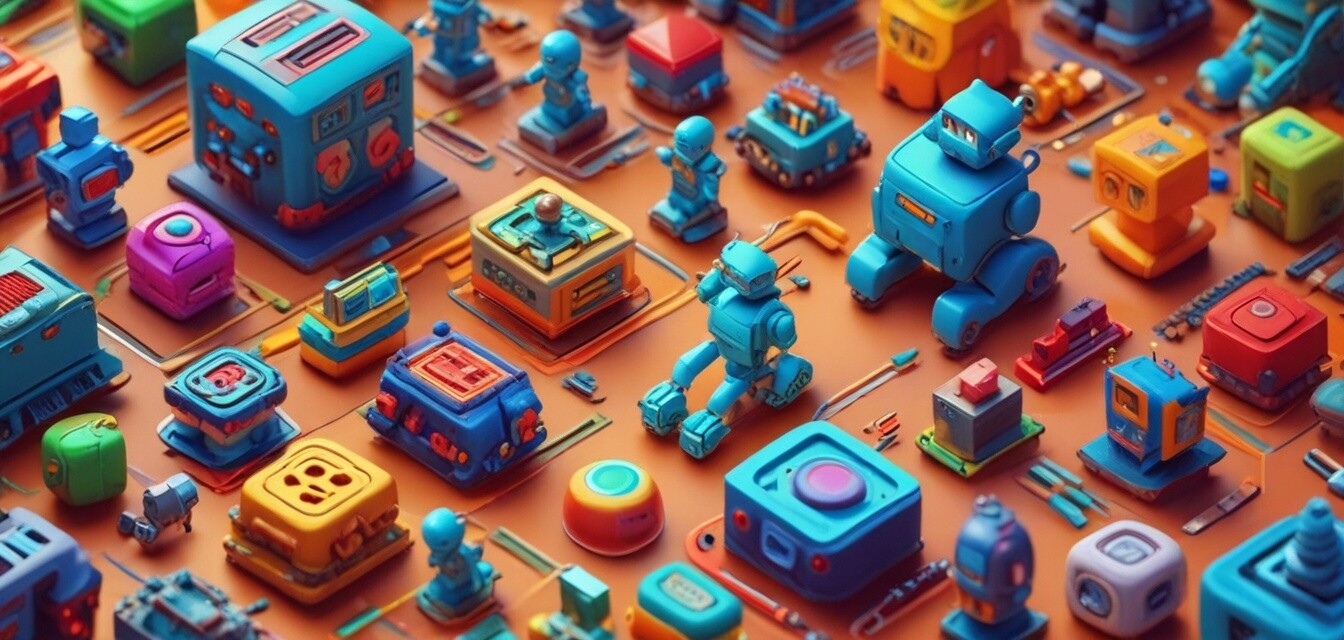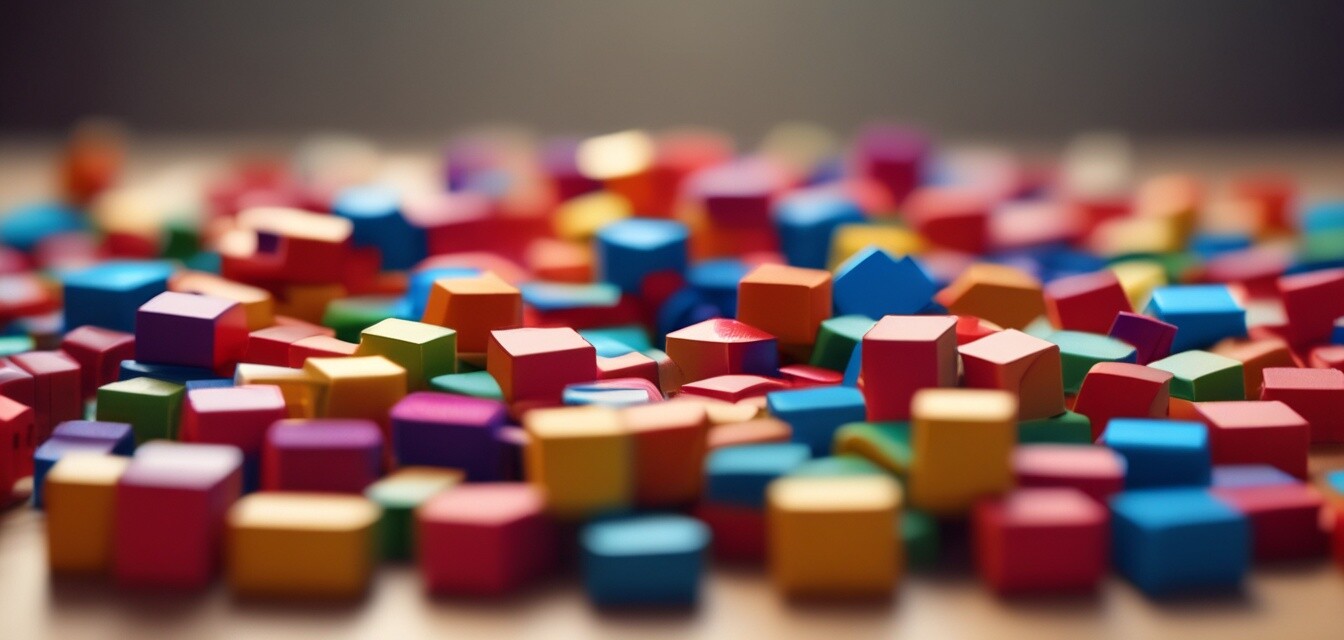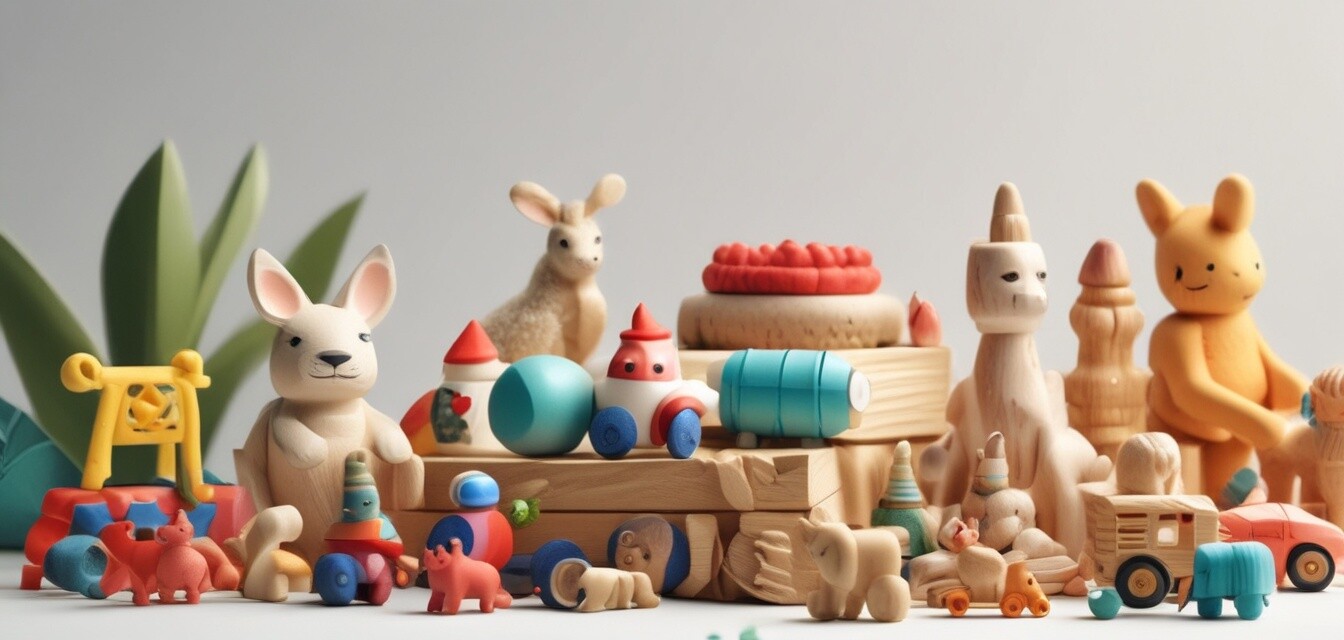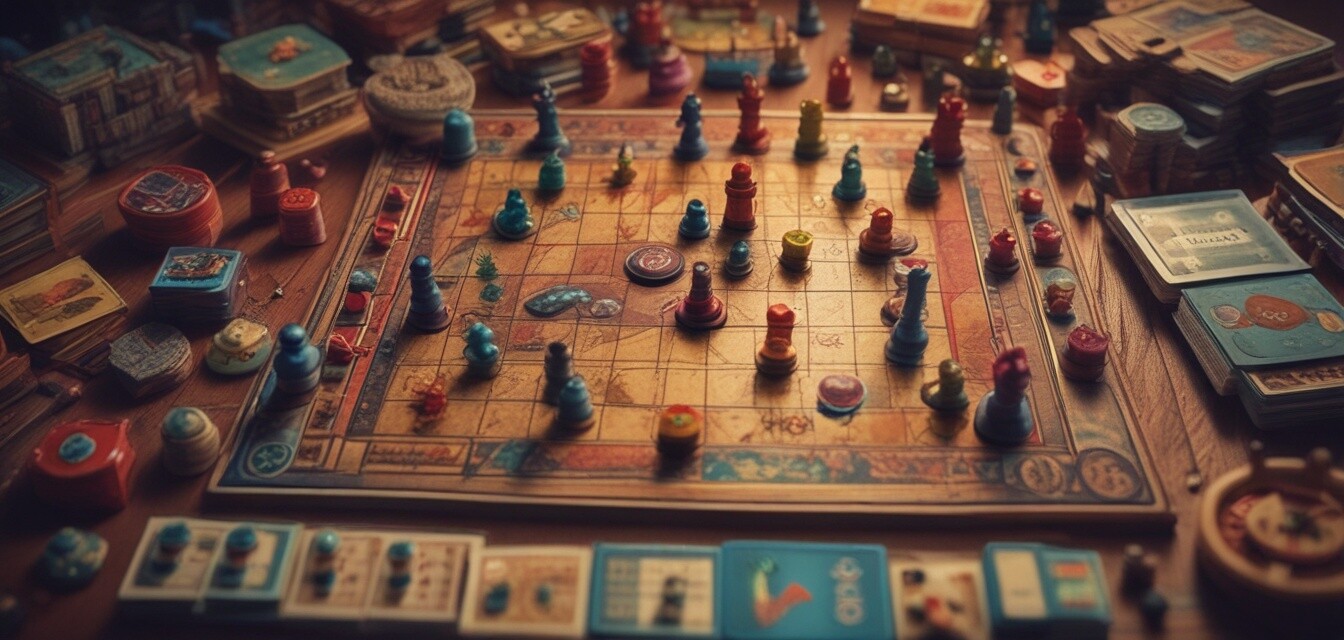
Puzzles and Brain Teasers
Key Takeaways
- Puzzles enhance cognitive development in children.
- Brain teasers encourage problem-solving and critical thinking skills.
- Variety in puzzles can cater to different age groups and skill levels.
- Regular engagement with puzzles can keep young minds sharp and entertained.
In the world of children's toys, puzzles and brain teasers hold a special place. They not only challenge young minds but also provide essential developmental benefits. Whether it's a simple jigsaw puzzle or a complex brain teaser, these products encourage creativity, problem-solving, and strategic thinking skills. In this article, we will explore various types of puzzles, their benefits, and tips for engaging children with them.
Types of Puzzles
Puzzles come in numerous types to cater to different interests and ages. Here’s a breakdown:
| Type of Puzzle | Description | Recommended Age |
|---|---|---|
| Jigsaw Puzzles | Pieces fit together to form an image. | 3 years and up |
| Crossword Puzzles | Words placed horizontally and vertically based on clues. | 8 years and up |
| Rubik's Cube | 3D combination puzzle that challenges spatial reasoning. | 8 years and up |
| Logic Puzzles | Riddles or problems requiring deductive reasoning. | 10 years and up |
| Sudoku | A number puzzle that involves filling a grid based on logic. | 8 years and up |
Benefits of Puzzles and Brain Teasers
Puzzles and brain teasers offer several benefits beyond mere entertainment. Here are some key advantages:
- Boost cognitive skills: They enhance memory retention and attention span.
- Improve problem-solving abilities: They encourage children to think critically and strategically.
- Foster social skills: Working on puzzles together can improve teamwork and communication.
- Enhance motor skills: Manipulating puzzle pieces helps develop fine motor skills.
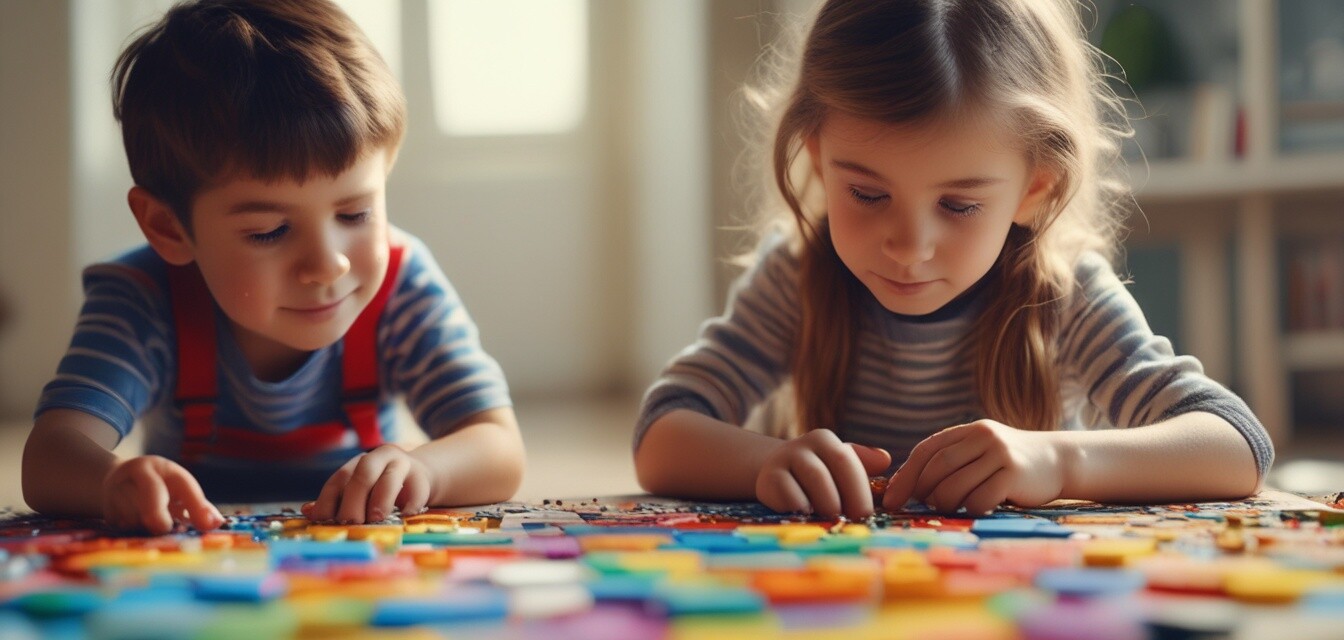
Popular Brain Teasers for Kids
Here’s a selection of popular brain teasers that are fun and educational for children:
| Brain Teaser | Description |
|---|---|
| Riddles | A short statement or question that has a hidden meaning. |
| Logic Games | Games that require deductive reasoning to solve a problem. |
| Word Searches | Find hidden words in a grid of letters. |
| Math Puzzles | Fun challenges that involve numbers and mathematical reasoning. |
Engaging Children with Puzzles
Getting kids excited about puzzles can enhance their learning experience. Here are some tips:
Tips for Beginners
- Start with simpler puzzles and gradually increase difficulty.
- Incorporate themes that interest your child, like animals or space.
- Make it a family activity; puzzle-solving is more fun together!
- Set aside regular puzzle time to create a routine.
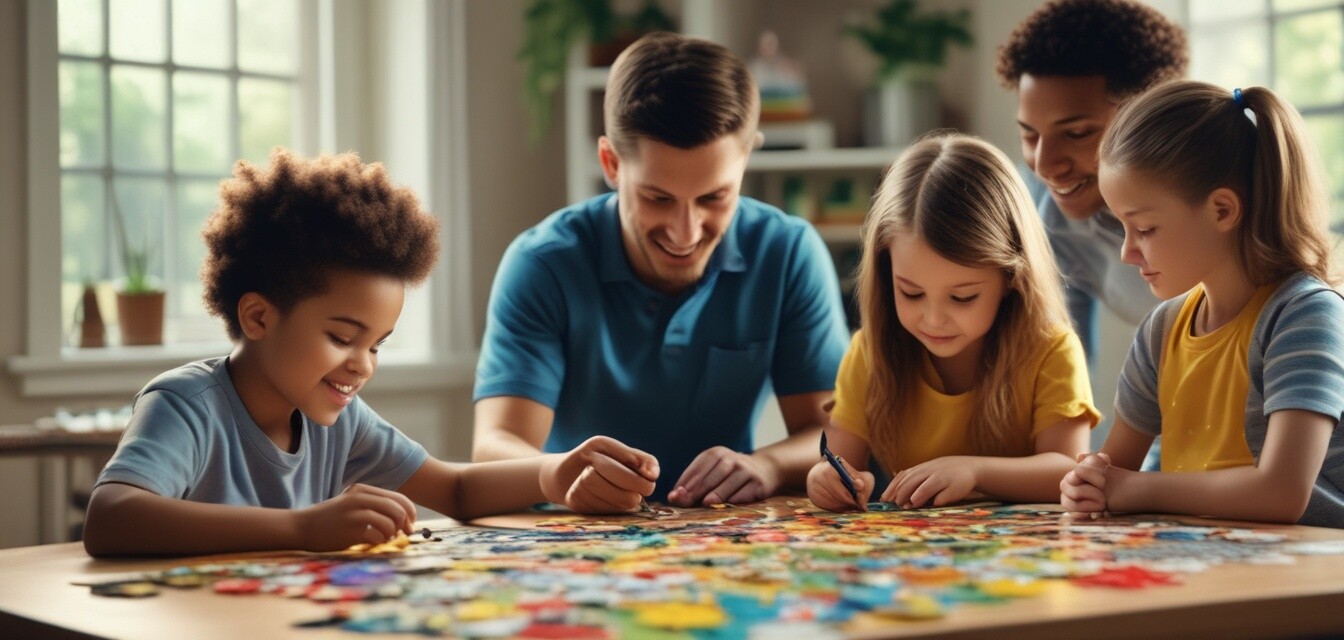
Conclusion
Puzzles and brain teasers are invaluable tools for enhancing cognitive development in children. By incorporating a variety of puzzles into playtime, parents and caregivers can foster critical thinking, problem-solving skills, and creativity. These activities not only entertain but also enrich young minds, setting the stage for lifelong learning.
Pros
- Encourages critical thinking and cognitive skills.
- Fun and engaging educational activities.
- Wide variety of options for different skill levels.
- Can be enjoyed individually or in groups.
Cons
- Can be frustrating if too difficult.
- Some puzzles may require adult assistance.
- Quality and durability can vary.
Explore More
For more exciting toys that encourage learning and growth, check out our other categories:

